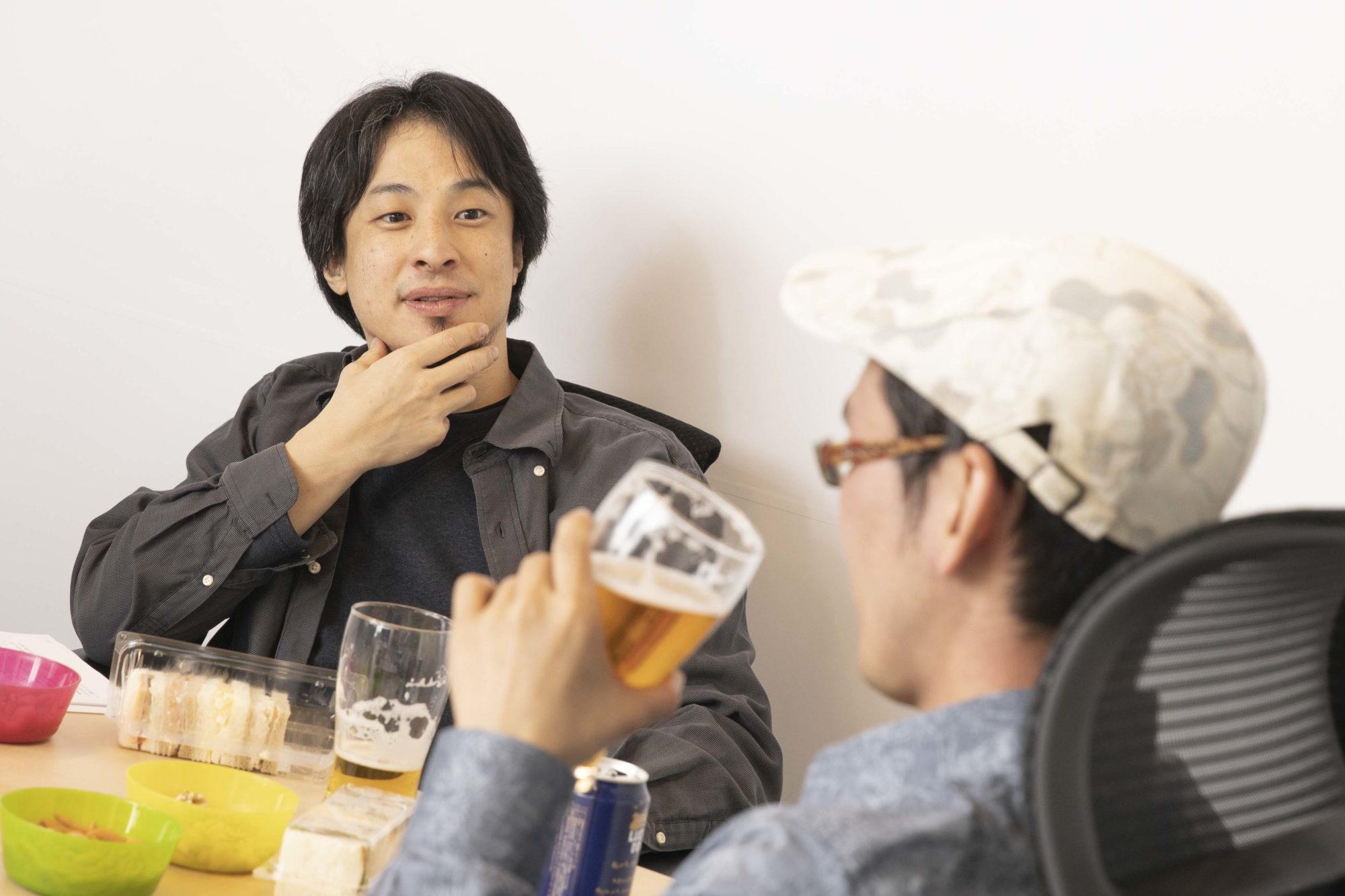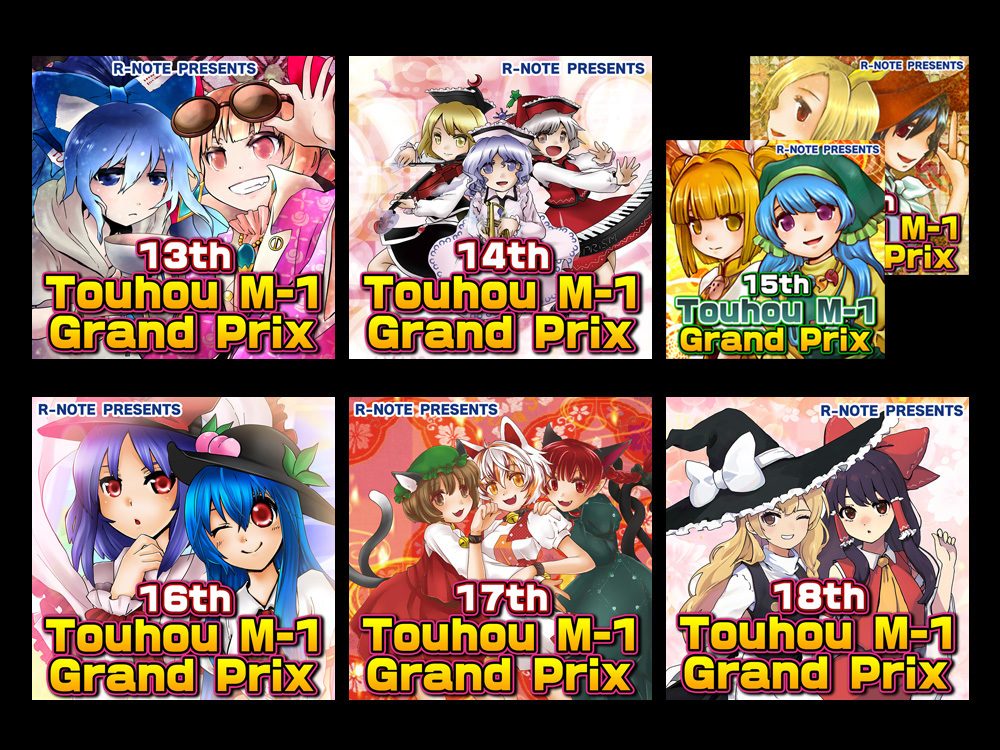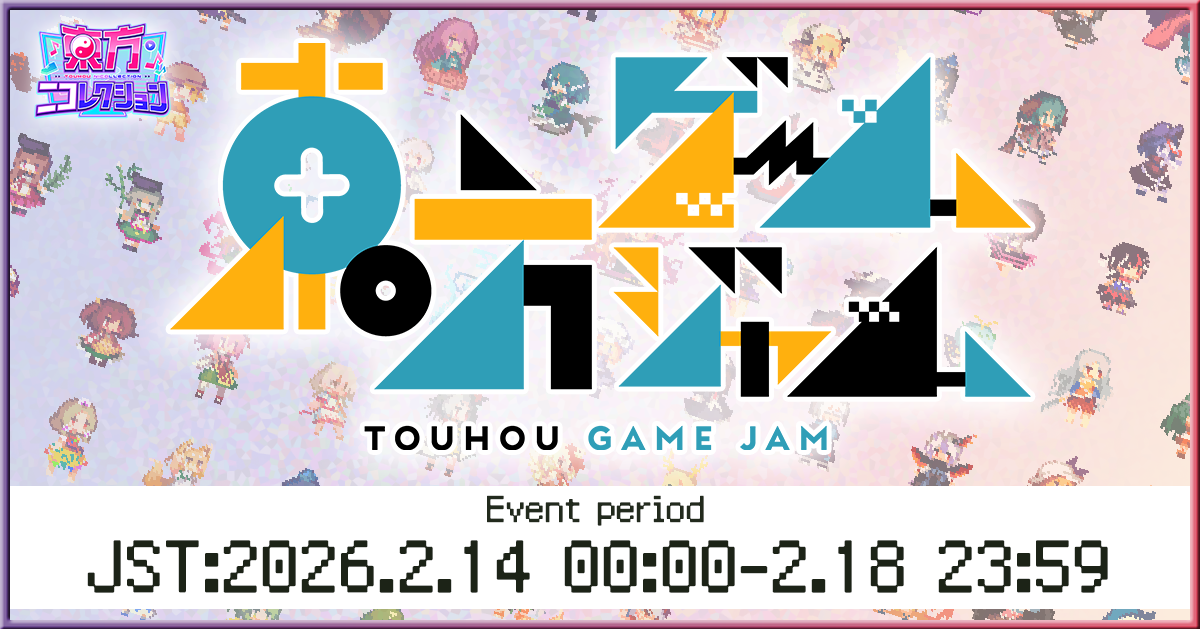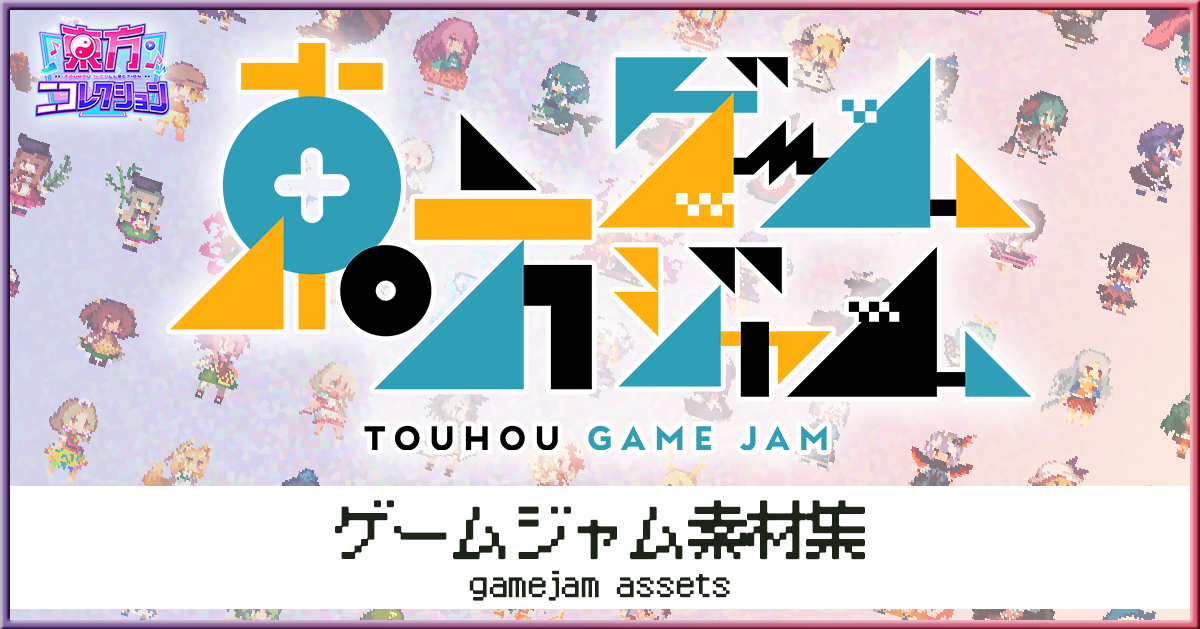ZUNs Favorite Creators: Takemoto Izumi, Kichuuhi Hideyuki, Morohoshi Dajirou, Fujiwara Kamui, Mori Hiroshi, Agatha Christie
Part 6
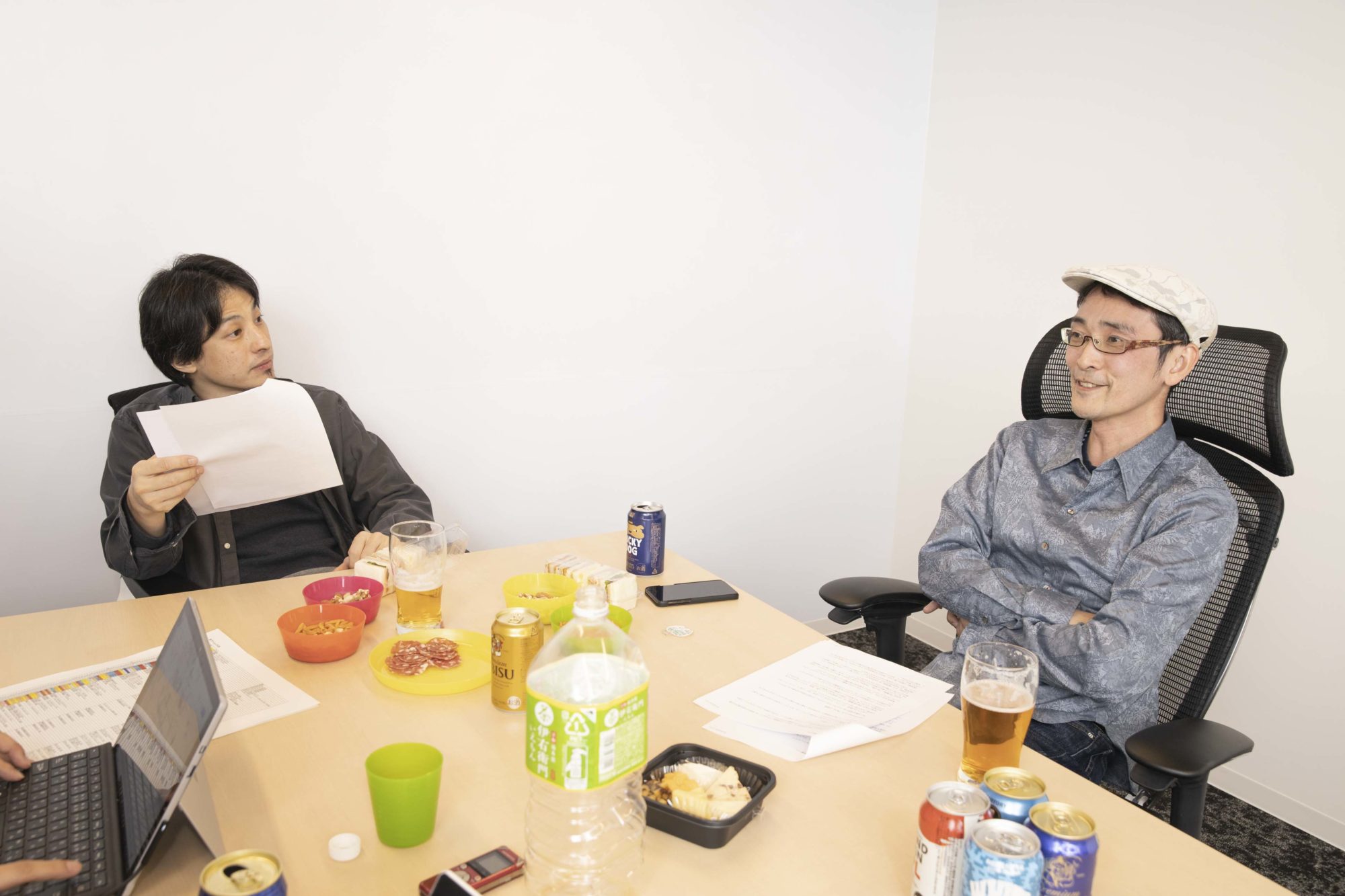
The Works that Influenced(?) Touhou
When you were working on Touhou’s story, were there any works you love that came to mind? For example, do you think that Touhou characters exude the same atmosphere as characters found in the works of Takemoto Izumi*?
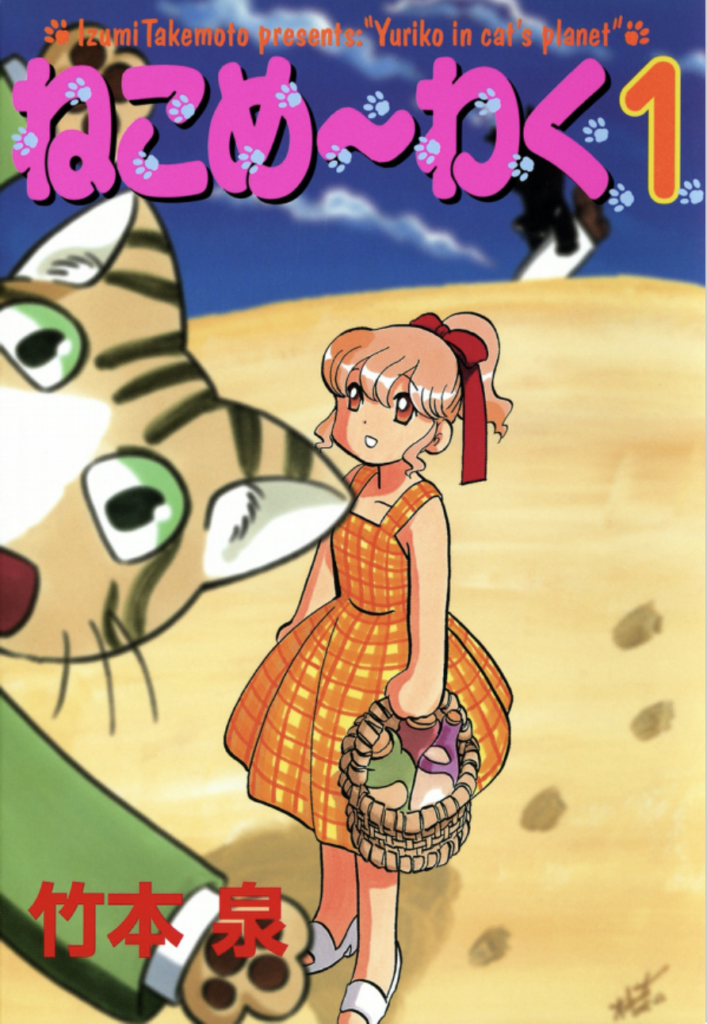
ZUN:
I believe I did read Takemoto’s works. I wanted to capture that kind of relaxed atmosphere for Touhou as well.
For the Scarlet Devil Mansion, I don’t think I was exactly influenced by Kikuchi Hideyuki but I did try to mimic their vibes. I’m thinking of the Vampire Hunter D* series. It’s obviously different from what I was going for, but there’s vampires.
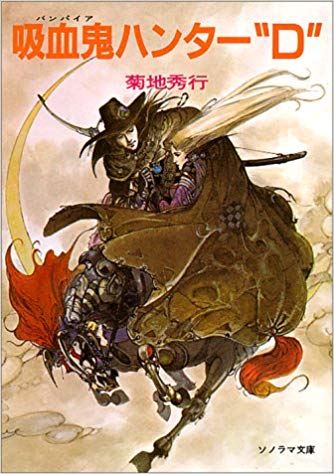
You mentioned that you didn’t read much manga as a kid, but did you read anything when you grew up?
ZUN:
Let me think about it. I liked reading Morohoshi Daijirou* during university. Fujiwara Kamui** was another one I liked.
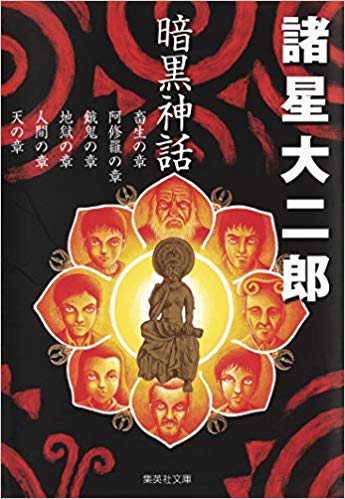
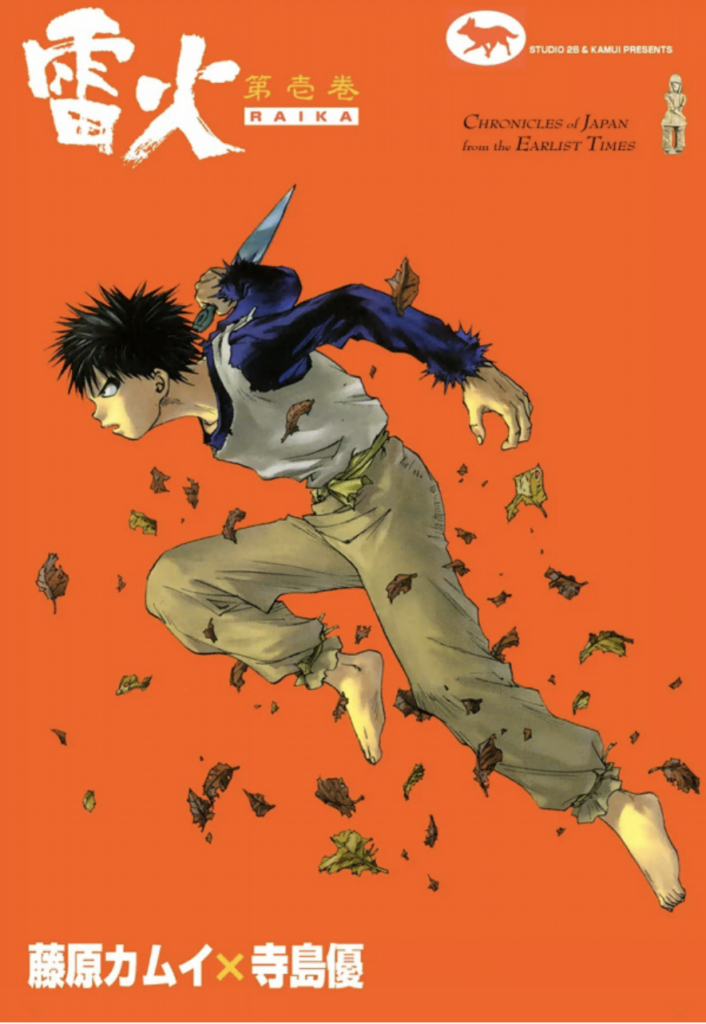
hhiroyuki:
Ya didn’t get anything from TV or movies?
ZUN:
Not at all. I don’t watch movies nor anime. Don’t think I’ve even watched a live-action show once either. The world’s brimming of fun stuff to check out, so I never bothered searching for that stuff myself.
Not That Into Fiction
You’ve mentioned that stories are one element in making games exciting, right?
ZUN:
Well, whenever I watch a movie or some drama, I just find following a story painful. I don’t sympathize with any characters who’ve appeared on the screen, or rather I don’t feel the need to.
hiroyuki:
What about when you’re reading books?
ZUN:
While I used to read fiction in the past, I don’t read that much these days.
hiroyuki:
So, you’re saying you don’t give a damn about fiction itself.
ZUN:
That’s right.
You brought up how you enjoyed playing RPGs during middle school, so what do you think of their stories?
ZUN:
I don’t care about the stories. Instead, I prefer the battle system and the parts where you collect items.
hiroyuki:
Are ya the kind of gamer who goes “I don’t care if there’s a story or not”?
ZUN:
Not exactly. Games need a story to give meaning to items and battles. If there’s no story and a strong boss suddenly appears, you wouldn’t have a reason to defeat it. Stories are therefore necessary to make boss fights exciting. In a way, stories act more like a bonus.
hiroyuki:
You mean, like adding flavor text?
ZUN:
Whether it’s for flavor or not, I can’t really play games where you’re supposed to be in it for the story.
hiroyuki:
If you don’t really care about the story that much, is that why you don’t mind people just making their own stories in their Touhou fanworks?
ZUN:
Hm, you might be right. Since I don’t incorporate that much story into my characters, I don’t mind the existence of derivative works at all.
The Fun of Reading Mystery Books
The Next Steps for the Windows Games
After Scarlet Devil Mansion, you worked on Touhou Yoyoumu ~ Perfect Cherry Blossom* and then Touhou Eiyashou ~ Imperishable Night**. You also worked together with Tasogare Frontier*** to make a spinoff game around this period too, meaning you released games at one year intervals until January 2004. What did you think of these three works leading to Imperishable Night?
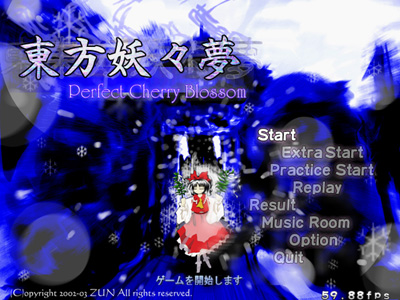
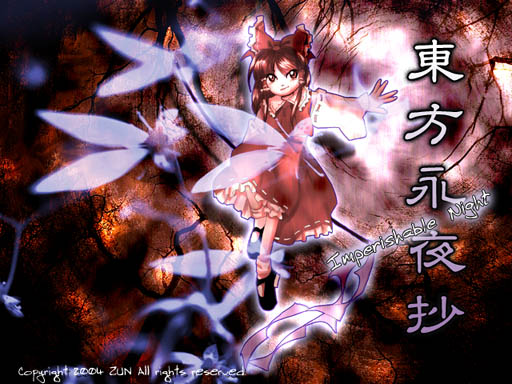
*** Tasogare Frontier:
A doujin group that specializes in fighting games, they worked together with ZUN on the Touhou fighting games. They’re also responsible for the Higurashi Daybreak game.
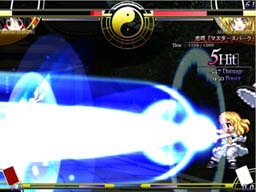
ZUN:
I said this to myself, “Let’s just make these three games first.”
I wasn’t able to put what I wanted in Scarlet Devil Mansion. I have always treated it as a game where I learned how to program on Windows. That’s why I wanted to immediately continue.
I already had these three stories in mind and I also wanted to make the next game bigger than the previous one. I got the trial version of Perfect Cherry Blossom out for 2002’s Winter Comiket. But there were huge crowds of people then. I was supposed to be inside the middle of “islands”*, but it was impossible to make a queue line there. I was asked to move my stuff outside it.
In just four months, between 2002’s Summer Comiket and Winter Comiket, everything had changed.
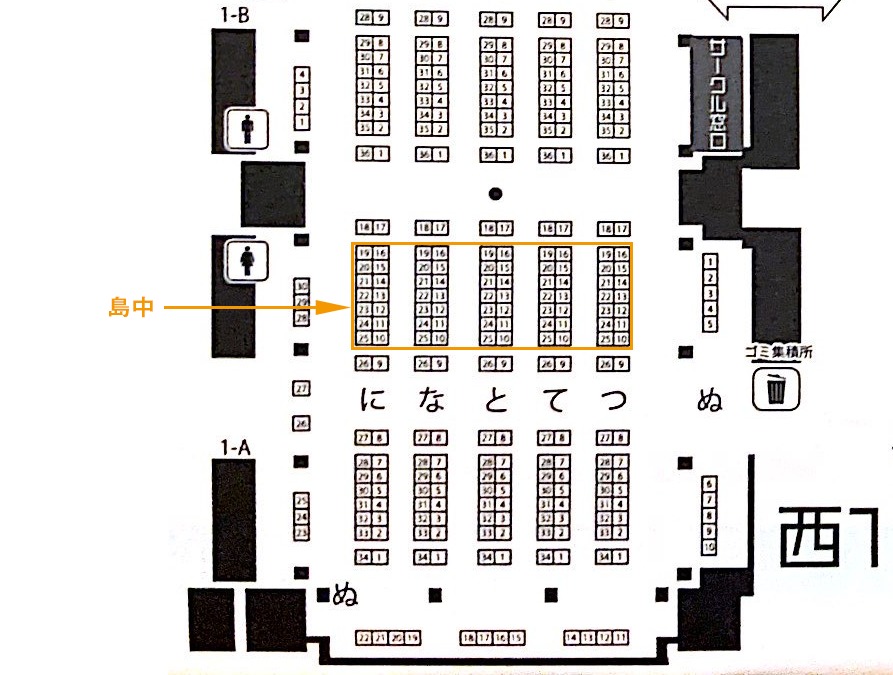
hiroyuki:
What caused that change for ya?
ZUN:
Narita Nobuya, the person who once led Watanabe Seisaku Tokoro*, is probably the reason. On his blog, he was introducing various doujin games. When Scarlet Devil Mansion’s trial came out, that attention translated into a lot of people picking it up.
*Watanabe Seisaku Tokoro:
This doujin circle was initially famous for working on TYPE-MOON’s Melty Blood and other prominent doujin fighting games. After disbanding, their members emerged as French Pan which released commercial titles like Under Night In-Birth and Dengeki Bunko Fighting Climax.
Where were you placed when you released the full version of Perfect Cherry Blossom in 2003’s Summerket?
ZUN:
I was placed in front of the shutters*. That’s why the sales for Scarlet Devil Mansion and Perfect Cherry Blossom are, to put it lightly, on another level.
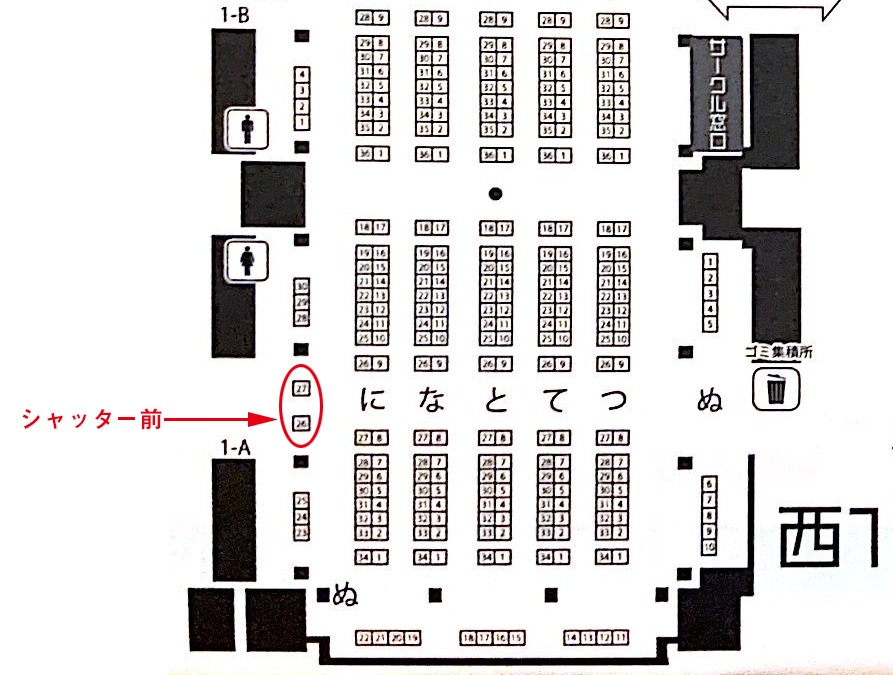
What was it like to have so many people out there playing your games then?
ZUN:
It was, of course, pretty exciting. People hadn’t made derivative works out of Touhou yet, so all my customers were in it for the games.
But when I compare sales from this period to now, the numbers haven’t changed that much.
hiroyuki:
You’re kidding me?
ZUN:
As a “genre”, Touhou has expanded massively. But when it comes to my shooting games, the sales are still the same.
hiroyuki:
Woah.
ZUN:
But I will say that the audience demographics have changed. I ended up realizing that the percentage of humanity that would play shoot em’ ups will always be roughly this same amount, haha.
Working with Tasogare Frontier
Touhou Suimusou ~ Immaterial and Missing Power* released at this Comiket too, so it was being developed alongside ZUN’s shoot em up titles.
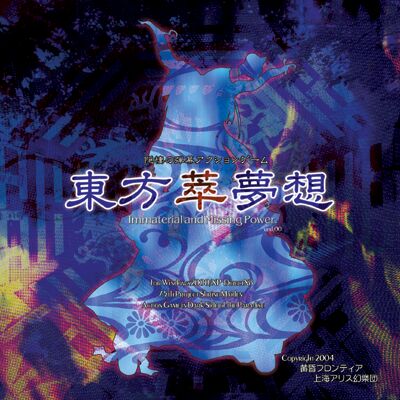
ZUN:
When I released Perfect Cherry Blossom, Tasogare asked me if they could make a game with my characters. It was initially another Touhou derivative work, but I surmised that if they went all the way to ask me, I figured they would want me to get more involved.
I’ve always loved shoot em up’s and fighting games since I was in school. But unlike shoot em ups, I can’t make a fighting game by myself. I thought it’d be nice if someone could make the game for me then. That’s how we started working together.
Didn’t you say you thought collaboration was annoying?
ZUN:
With Tasogare, it never felt like I was working in a team. Everything mechanics-wise was delegated to Tasogare while I came up with the worldbuilding and characters. It’s why I was happy to take this job.
I didn’t go “This character needs to move this way”. While I can see people thinking I played a major role in developing this game, I was simply performing the role I had.
hiroyuki:
You felt satisfied working on a fighting game like this?
ZUN:
As long as I can see the characters move about in a fighting game, I feel blissful. It was a good decision in the end because I got to see my characters move in different ways, which brings out something new and fresh from them. That insight became useful for future games and other works.
hiroyuki:
Ya seem to seriously like these rapidly shrinking genres: fighting and shoot em’ ups. Why?
I think fighting games have become more popular these days.
ZUN:
Haha, I’m just that kind of person. Same with alcohol. The bars I enjoy frequenting have been disappearing, heh.
hiroyuki:
So you’re saying it’s not that you’re into genres that are diminishing in popularity, but your favorite genres just happen to be like that?
ZUN:
I won’t deny it’s getting smaller, but there’ll always be people who love these games. If you make games in the same way as other genres, they won’t be profitable unless you get a million in sales. But if you make them like how people develop shoot em ups, even 10,000 sales makes a decent profit.
In fact, as the internet expands further, people all around the world are playing games at the same time and the user base is also going to naturally expand too. No matter how niche the genre is, there’ll always be people congregating around it.
To be continued in Part 6…
Interviewer: hiroyuki, Saitou Daichi
Writer: Seinosuke Itou
Photographer: Fukuoka Ryouji (GEKKO)
Translator: Kastel
Editor: Nimrod
ZUNs Favorite Creators: Takemoto Izumi, Kichuuhi Hideyuki, Morohoshi Dajirou, Fujiwara Kamui, Mori Hiroshi, Agatha Christie End
